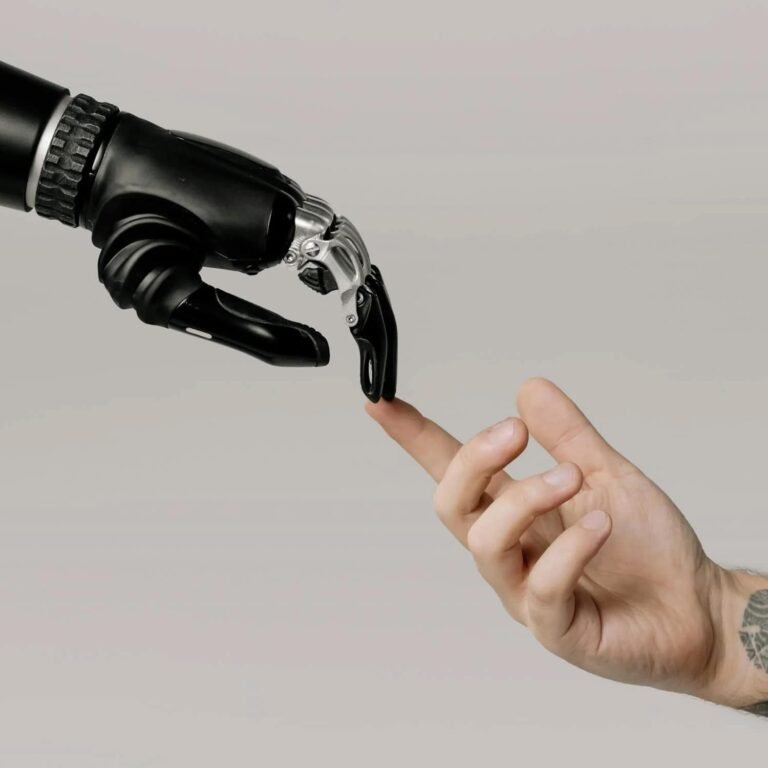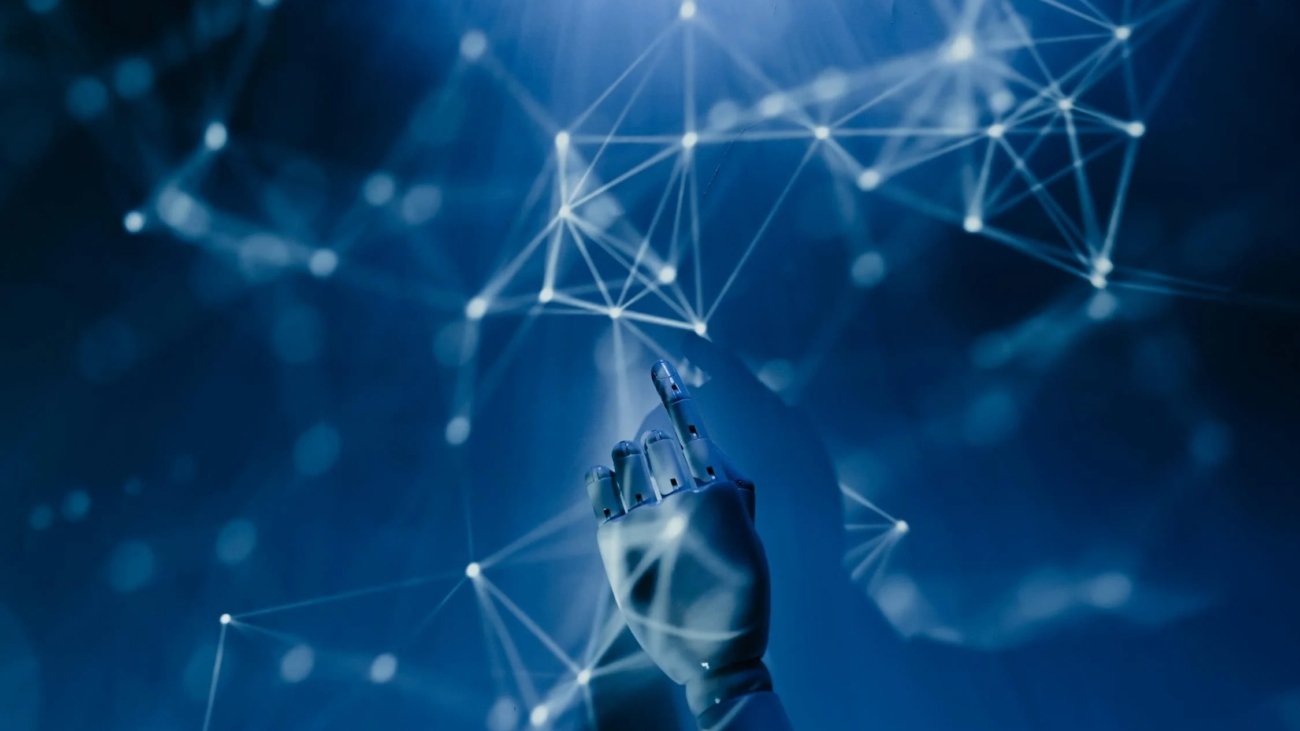In recent years, artificial intelligence (AI) has brought transformative changes to the healthcare field, particularly in mental health. With AI-powered tools, mental health care has become increasingly personalized, accessible, and preventive. This article will explore how AI-driven technology, like the solutions provided by Mentaligence, is revolutionizing mental health care and providing personalized support that adapts to each individual’s unique needs.
The Shift Toward Personalized Mental Health Care
Traditional mental health care approaches often involve generalized treatment plans, such as therapy or medication, which may not cater to each person’s specific needs. Personalized mental health care addresses this gap, focusing on tailored solutions that consider an individual’s mental health history, lifestyle, and daily behavior. By leveraging data-driven insights, AI enables healthcare providers and users to access care designed around their specific mental health profiles.
How AI is Used in Personalized Mental Health Care
AI-driven platforms can assess and respond to subtle changes in mental health patterns, often before symptoms worsen. Here’s how AI contributes to personalized care:
AI applications analyze user data through behavioral questions, response patterns, and daily interactions. For example, Mentaligence’s app assesses mood, energy levels, and emotional states, providing users with a personalized wellness score that reflects their mental health status in real-time.
Based on user responses, AI algorithms offer targeted suggestions for improving mental well-being. These recommendations might include relaxation exercises, specific mental health resources, or prompts to engage in social interactions. By tailoring suggestions to individual needs, AI makes self-care more effective and manageable.
AI’s predictive capabilities are one of its most powerful features in mental health care. By monitoring trends in responses and behavior over time, AI can identify signs of stress, anxiety, or depression. Early alerts allow individuals or caregivers to intervene proactively, potentially preventing crises.
Advantages of AI-Driven Mental Health Tools
The benefits of using AI in mental health care extend beyond personalized recommendations. Here’s why AI-driven tools like Mentaligence are invaluable in today’s mental health landscape:
| Feature | Description |
|---|---|
| Accessibility | AI-based tools provide mental health support that’s available 24/7, removing barriers for those who may not have regular access to a therapist or counselor. |
| Consistency | By offering continuous monitoring, AI tools provide a reliable source of mental health support that adapts as users’ needs evolve. |
| Data Privacy | Mental health apps, like those provided by Mentaligence, follow strict data privacy standards to protect sensitive information, ensuring user trust and confidentiality. |
Wearable AI: Bringing Personalized Mental Health Care to a New Level
The use of wearable devices enhances personalized care by allowing for seamless, hands-free monitoring. Mentaligence’s wearable, Mentalink, enables individuals to interact with their mental health app simply by speaking into the device. This innovation is especially valuable for older adults or individuals with limited tech experience, as it offers a simple yet effective way to engage with their mental wellness.
Integrating AI with Professional Mental Health Support
AI-driven mental health apps are not designed to replace therapists but to complement professional care. For example, the insights and data gathered from daily monitoring can help therapists better understand a patient’s mental health journey, resulting in more informed treatment plans. Additionally, real-time data allows for more responsive adjustments to care.

The Future of AI in Mental Health Care
AI’s role in mental health care is evolving rapidly. With advances in machine learning, AI tools will soon be able to adapt even more dynamically, providing users with highly personalized and preventive mental health support. AI has the potential to make mental health care more inclusive, addressing specific needs that traditional methods may overlook.
Conclusion
AI in mental health care is a game-changer, especially in the realm of personalized care. With its ability to analyze, predict, and provide individualized recommendations, AI-powered tools like Mentaligence empower users to take control of their mental health. As AI technology continues to evolve, we can expect even more innovative solutions that will make mental health care more accessible, effective, and truly personalized.
